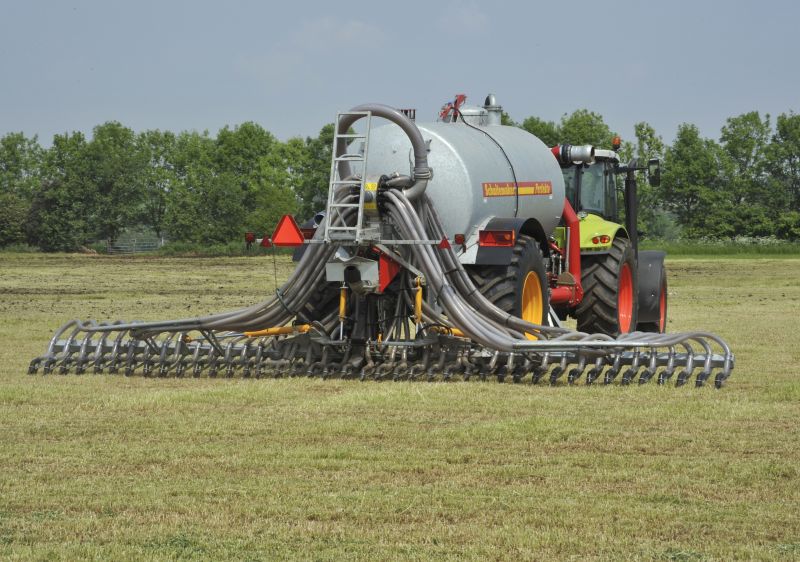
The government should deliver a holistic strategy that gathers better data, removes barriers to change and finds alternatives to regulation as part of measures to help farmers improve air quality, the NFU says.
The Environment, Food and Rural Affairs (EFRA) Committee is looking at whether the Clean Air Strategy and Environment Bill will deliver a ‘step change’ in how the UK tackles pollution.
The Clean Air Strategy, published in January 2019, promises further regulation to reduce ammonia emissions from agriculture.
It seeks to target specific emissions-reducing practices, minimising pollution from fertiliser use, and the extension of environmental permitting to dairy and intensive beef farms by 2025.
Agriculture is responsible for 88% of UK emissions of ammonia gas which can travel long distances, be damaging to the environment, and combine with other pollutants to form fine Particulate Matter pollution, which are harmful to human health.
The government said it would provide farmers with the support they need to make important changes to tackle emissions.
As part of its written submissions to EFRA, the NFU said the regulatory approach taken in the Clean Air Strategy represented a 'departure' from the voluntary approach that had proven 'effective' at reducing emissions.
It said the industry stood ready to help Defra minimise the impact of future regulation on farm businesses, and ensure it delivered the right outcomes.
"Putting adequate financial support in place will be key to helping farmers adjust to the new regulatory requirements," the union said.
This could be through the Environmental Land Management schemes, government grants, an expanded Catchment Sensitive Farming programme, or new approaches in the private sector.
The NFU added: "Time is of the essence too; farmers need clarity on funding as soon as possible in order to give them the confidence needed to make investment decisions."
It said there was also an opportunity to put funding in place now as part of the green recovery from the Covid-19 crisis.
"These funding opportunities must be placed in the context of the ensuing farm transition and wider financial support promised by the government to help farmers meet the demands of the Agriculture Bill."
